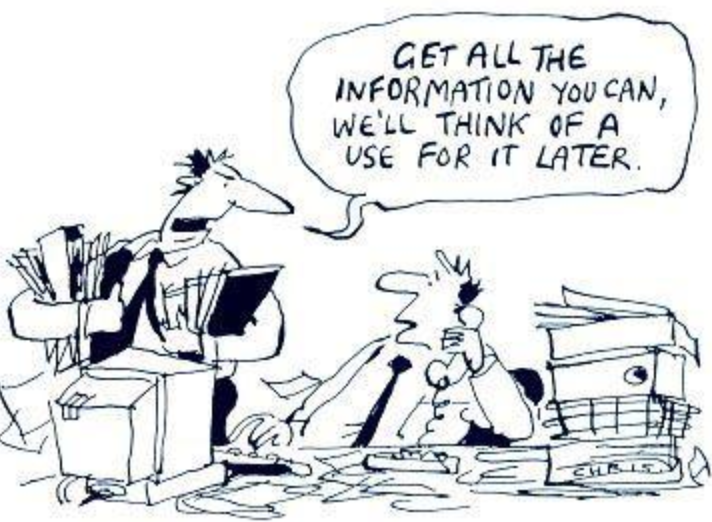Growing your Tree of Prosperity is an introductory investment guide written specifically for Singaporeans who wish to take their first step towards financial independence.
Tuesday, September 11, 2018
The Art of the Good Life #39 : The Maximum Point of Deliberation
As you think or rationalise your way through a problem, the point by which further contemplation no longer adds value to the decision you have to make, tends to be reached quickly. More thinking and research will reach diminishing returns. At that point of time, the author suggests that you act because by interacting with the problem more directly, you get more insight on the situation that cannot be gained by thinking or by reading manuals.
One of the considerations I make when planning my workshop is to address the mistake I made when I was in my mid-twenties.
I considered myself "untrained" in investing and refused to buy individual stocks until I passed CFA III. In fact, by the time I started investing individual stocks seriously, I had the FRM, CAIA and MSc Applied Finance qualifications and it did not lead to any significant outperformance. Little did I know that the orthodox financial models like the Discounted Cash Flow are hardly useful in picking up better stocks in the stock market. This is because projecting future cash flows is too subjective.
Worse, I kept telling folks to buy Phillip Morris 20 years ago when I did not have the courage to act myself. I think this was a big mistake which I should have undone if I had a time machine. Philip Morris along in 2001 would have made me a rich guy today. On hindsight, I should have risked $10,000 of my money on local stocks while studying my Masters because it would have helped me get better grades (not to mention more money). I would not also feel so left out when my "adult" classmates spoke about investing.
So, prior to blasting the class with my factor models and backtesting results in my workshop on Day 2, emphasis will be made on getting a beginner's portfolio up as fast as possible with around $10,000 on Day 1.
The strategy should not just allow a student to overcome fear, it has to enable sufficient interaction with the stock markets to maximise learnings instead of focusing on profits. This is why picking blue chips from the STI is a useful way to get folks started rather than getting into ETFs - returns backtested only 7.5% if you pick all stocks in equal shares from the STI but you can learn to start cherry picking from 30 stocks. Also emphasised are retail bonds, preference shares and REITs which put money in an investors pocket within the next 3 or 6 months.
Good returns that can get someone started is better for rookies than getting great returns from a complicated strategy involving cross-reference two stock screeners.
I think there are two domains where it is far better to think more and do less :
a) In government work, there are too problems with optics and there are multiple stakeholders in everything public servants do. It is far better to ensure that documentation and procedures are being followed. I know from personal experience that trying to short-cut a procedure makes it many times slower. Not everyone can do procurement like Philip Yeo.
b) In legal work, revising arguments and adducing evidence will ramp up the costs for the client quickly. It is far better to get it right the first time, consulting and giving business to a more experienced lawyer if the situation calls for such. I think lawyers are highly stressed because there is so much anxiety over things that can go wrong in a document submission. For me triple checking is just not enough.
Subscribe to:
Post Comments (Atom)

No comments:
Post a Comment